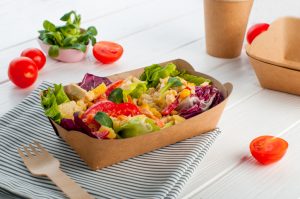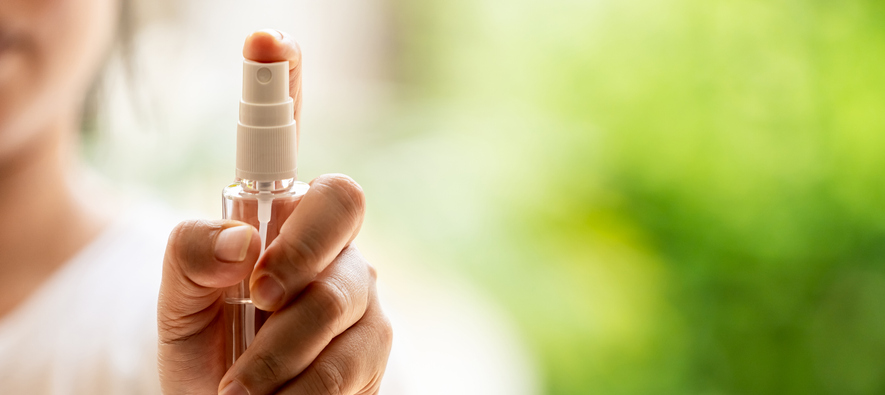It’s advisable that if you’re hosting a World’s Healthiest Afternoon Tea, you still prevent the transmission of illness so you and your guests can make it an afternoon to enjoy, without undue anxiety.
Here are our top tips on how to have healthy and safe afternoon tea.
 Although it is very unlikely that coronavirus is transmitted through food, other illness can be transmitted. So as a matter of good hygiene practice anyone handling food should wash their hands often with soap and water for at least 20 seconds.
Although it is very unlikely that coronavirus is transmitted through food, other illness can be transmitted. So as a matter of good hygiene practice anyone handling food should wash their hands often with soap and water for at least 20 seconds.- Hand sanitisers should be made available if handwashing facilities with running water and soap are not accessible outside.
- This should be done as a matter of routine, before and after handling food, and especially after being in a public place, blowing their nose, coughing, or sneezing.
- Anyone preparing food or attending the afternoon tea who is unwell should not be at the event. If they have symptoms, they should stay at home.

- Food utensils and condiments should not be shared. Surfaces that are touched regularly should be frequently cleaned and disinfected.
- Use eco-disposable plates and cutlery.
- The Food Standard’s Association’s guidance on good hygiene practices in food preparation is intended to ensure anyone preparing food follows good hygiene practices to prevent the spread of disease to food. Key safety points include being fit for work, washing hands and wearing aprons or other clean clothing as appropriate.
- Remember it’s still a good practice to use a facemask if you’re serving food for others.
- People should be reminded to wash their hands for 20 seconds and more frequently than normal, especially if they are picking up their food to eat.
Written by Nicole Musuwo ANut.,
Last updated 3 May 2024
© 2020 The Caroline Walker Trust

